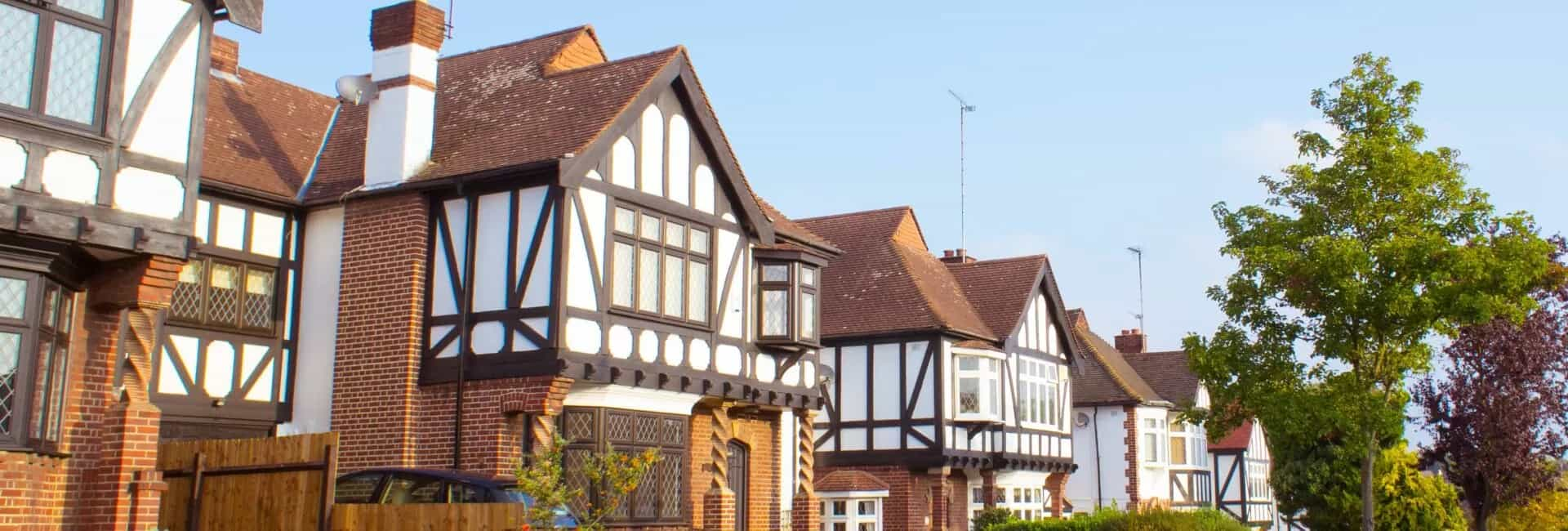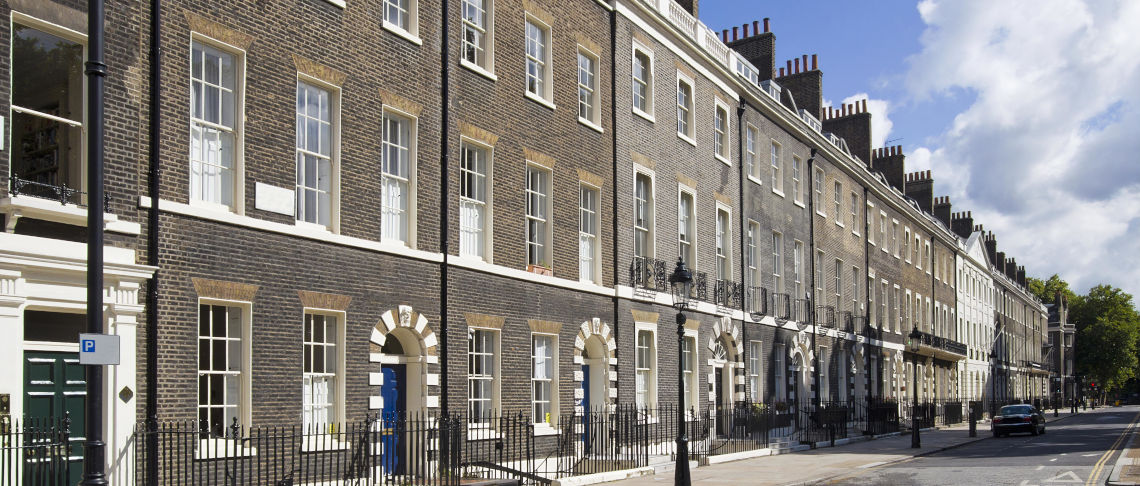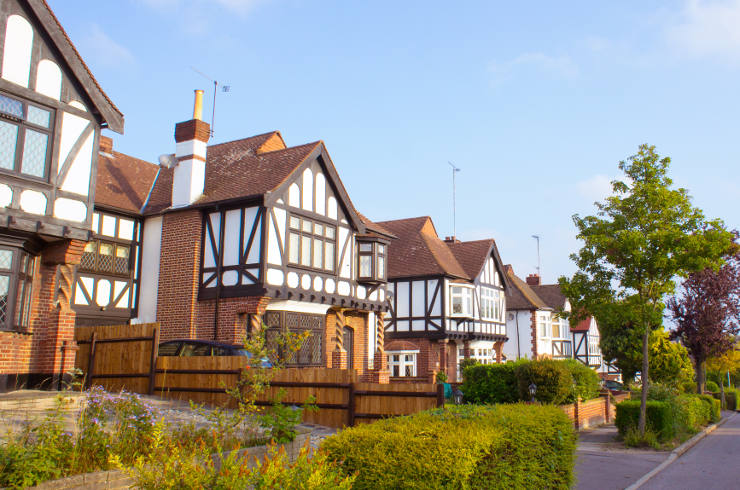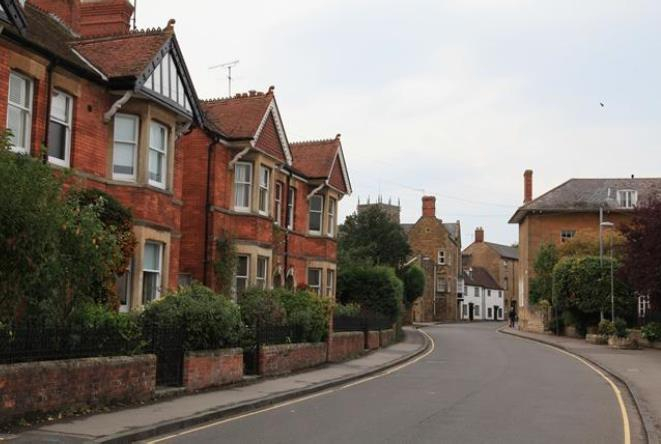Able Surveyors offer a comprehensive valuation service for residential and commercial properties in London and the Home Counties. Our RICS Registered Valuers undertake Red Book valuations for a wide range of requirements including tax, insurance and legal purposes, ensuring that you have a robust market valuation you can rely on.
What is the Red Book?
As part of their ongoing commitment to the promotion and support of high standards in the delivery of market valuations, the Royal Institution of Chartered Surveyors (RICS) has published a key document for its professional members. ‘RICS Valuation – Global Standards’, better known in the property industry as the Red Book, contains mandatory rules, best practice guidance and further commentary for RICS Registered Valuers. The latest issue became effective from January 2022 and a downloadable copy is available from the RICS website.
When referring to the Red Book, surveyors generally talk about the best practice guidelines and rules for professional valuations and conduct contained within the publication. A valuation carried out according to the standards and guidance provided by the RICS is commonly known as a Red Book valuation.
The term is often used to distinguish this type of formal valuation delivered by a RICS Registered Valuer from an informal free market appraisal of the kind that an estate agent would provide for marketing a residential property. While ‘valuation’ may be used to describe both, the basis for arriving at a market valuation for a property, and the robustness of the calculation, are very different indeed.
When is a Red Book valuation required?
While an estate agents’ market value estimate may suffice in many instances, there are certain cases when only a formal Red Book valuation will do. In any scenario where a formal asset valuation is requested for taxation, finance, insurance or legal purposes, the relevant authorities including institutional lenders, solicitors, accountants, HMRC and the courts, are certain to insist that the valuation should be carried out by a RICS Registered Valuer according to Red Book standards.
This will include valuations for:
- Probate and Inheritance Tax
- Personal asset valuations
- Tax planning and Capital Gains Tax
- Private property sales, including compulsory purchases and shared ownership purchases
- Property sales by charities
- Asset transfers into a SIPP pension
- Matrimonial matters and divorce settlements
- Obtaining finance or remortgaging
- Lease extensions and collective enfranchisement
- Dispute resolution through mediation, arbitration or court proceedings
What makes a Red Book valuation more accurate?
A Red Book valuation consists of an independent RICS Registered Valuer assessing the property and producing a formal report on its current market value. The Red Book will indicate which of the five valuation methods the valuer should use, depending on the property, and there’s a rigorous set of criteria covering duty of care, ethics, the minimum content of the valuation report and the valuer’s qualifications. To help with the accuracy of the calculation, the valuer will look at three recently sold comparable properties in the area.
A Red Book valuation is designed to ensure the highest standards are adhered to in the valuation process, from inspection to presentation. The result is a confident report based on all correct procedures having been followed to produce a robust valuation that will stand up to any scrutiny it may face. A Red Book valuation is usually valid for 3 months but may be extended.
Professional property valuations you can trust
At Able Surveyors, our expert team has 25+ years’ experience providing building valuations, property surveys and much more. We are passionate about ensuring that our clients get the most from their property asset acquisition, management or disposal.
Our RICS Registered Valuers have extensive expertise delivering high-quality Red Book valuations for many different purposes, providing our clients with full peace of mind that our valuations are independent, professional, accurate and honest. Since you or the instructing party will be relying on our professional judgement and opinion, you can rest assured that we are fully protected by indemnity insurance.
Please get in touch with Able Surveyors to find out more about any of our services and to discuss your requirements for a Red Book valuation carried out by our competent RICS professionals.













